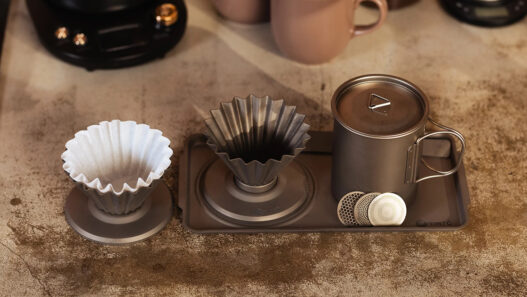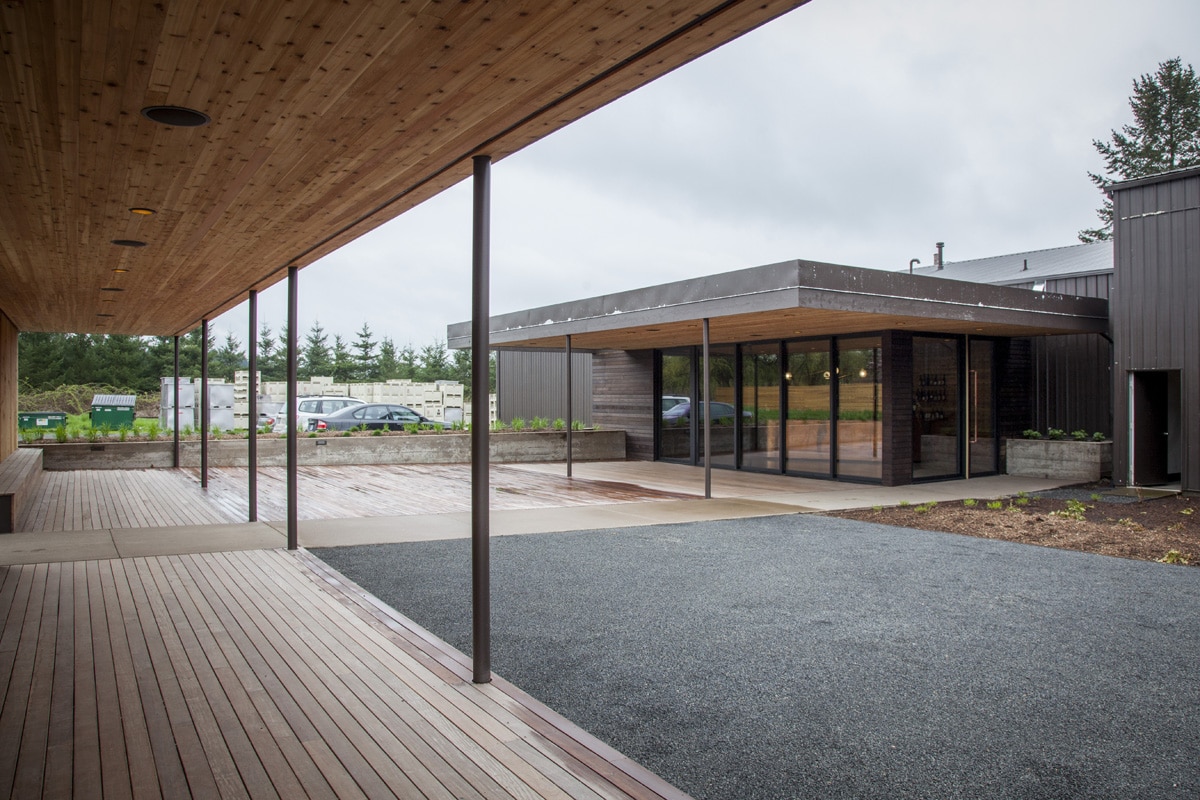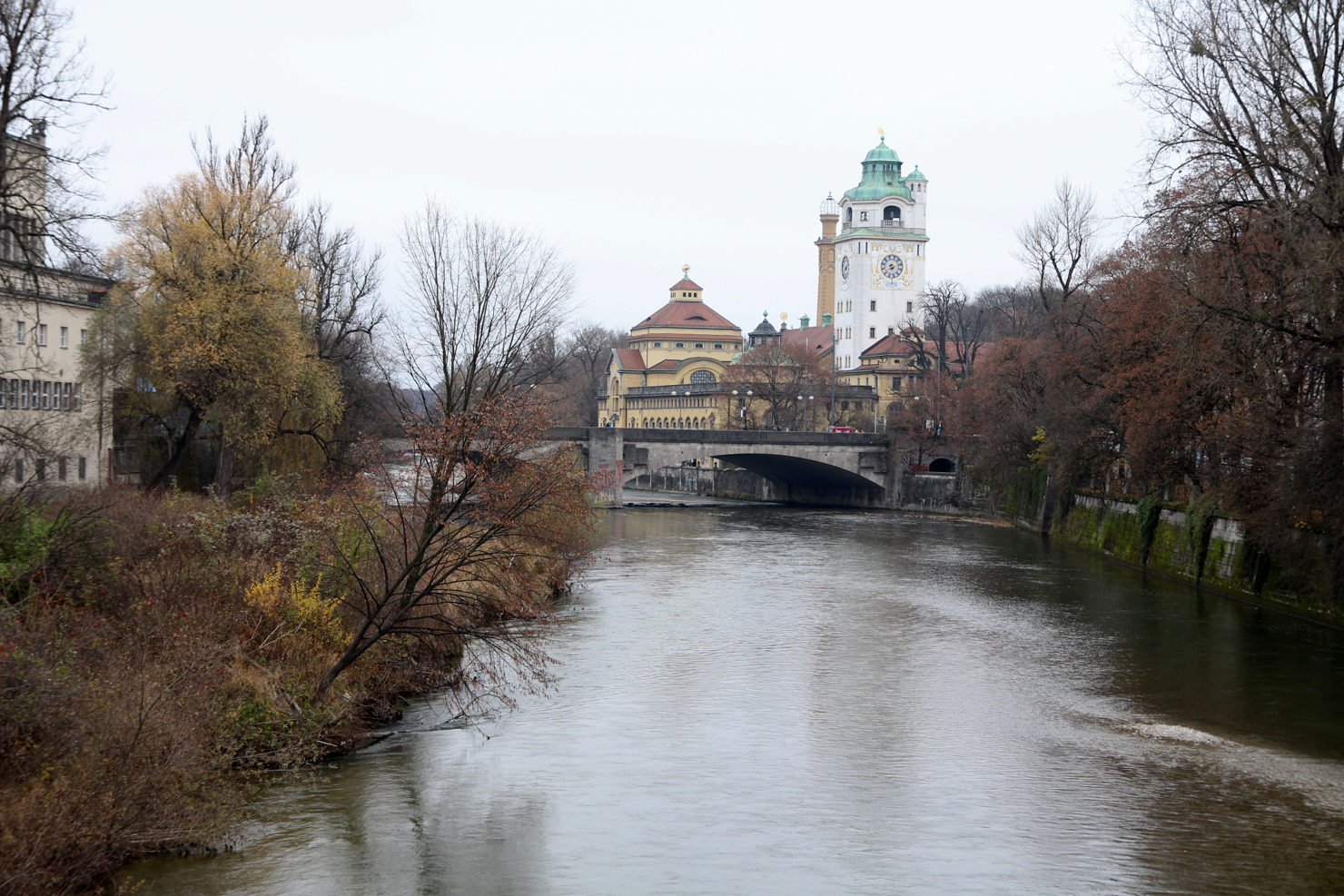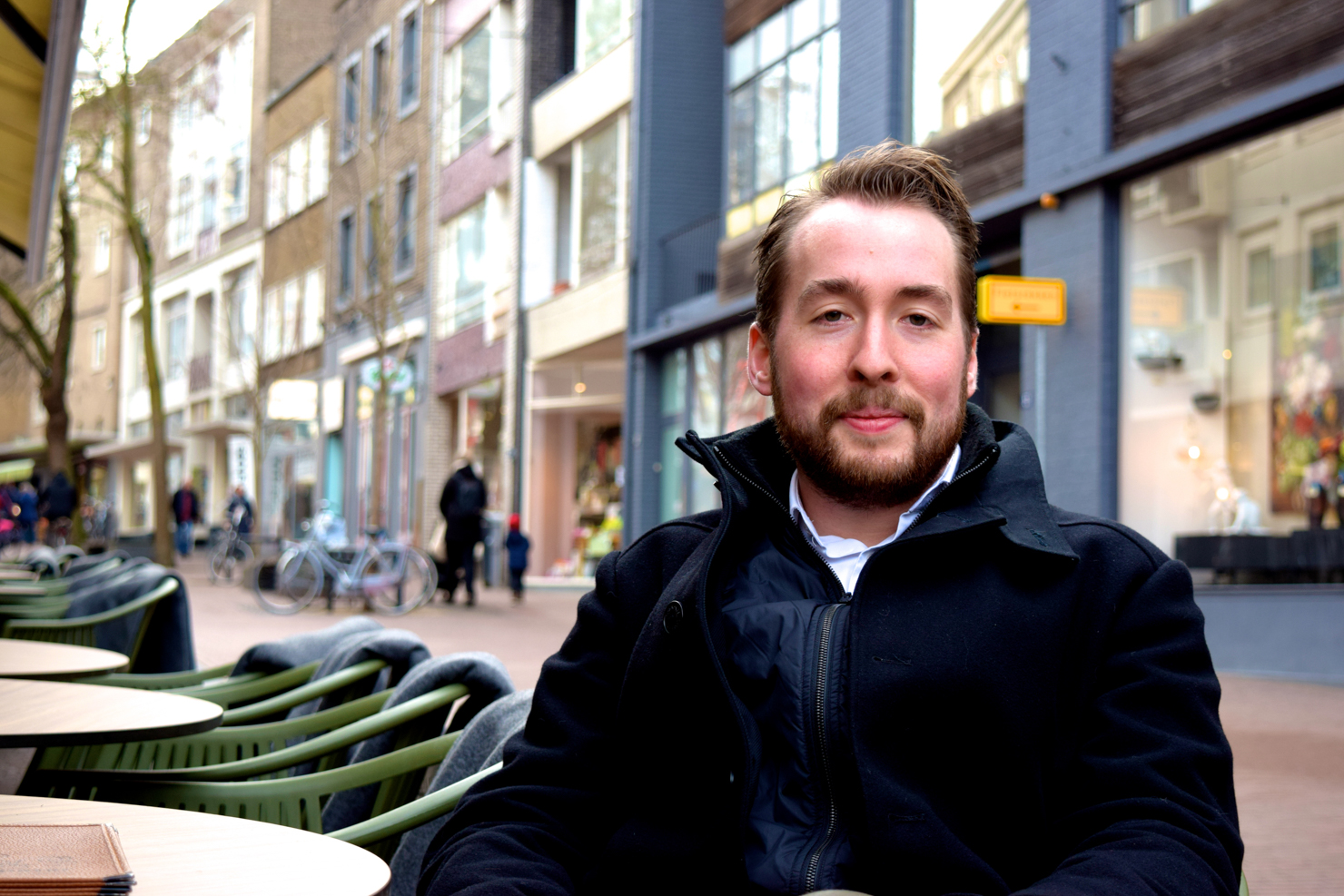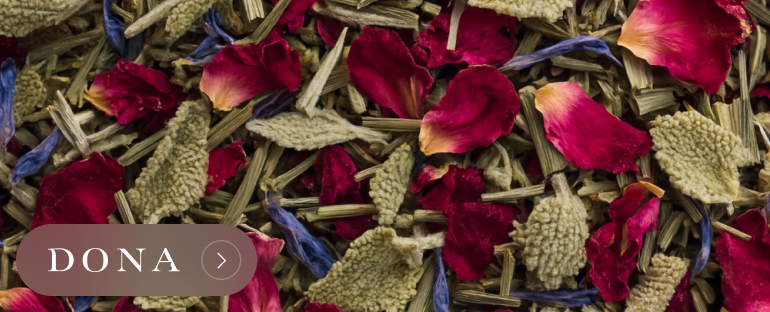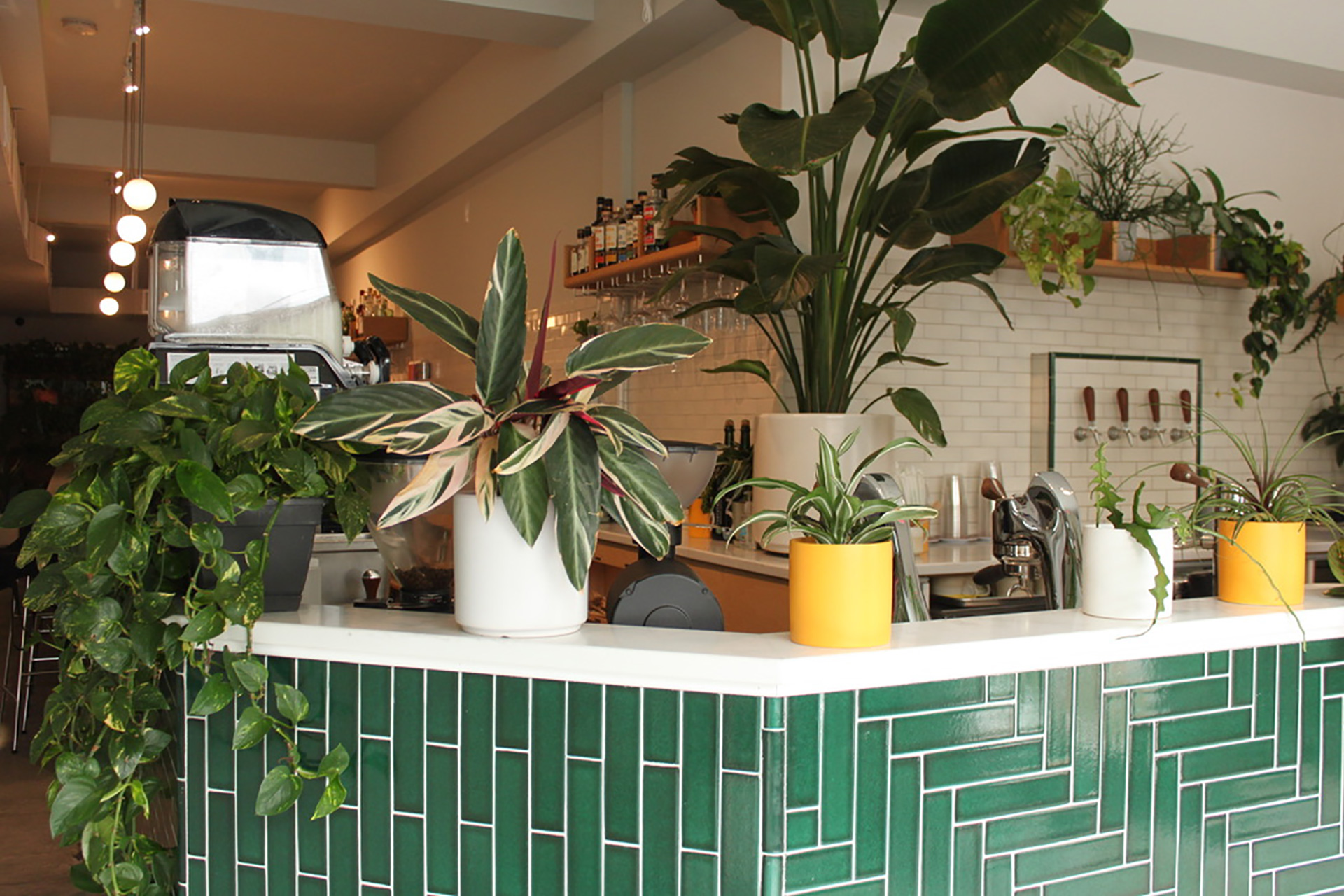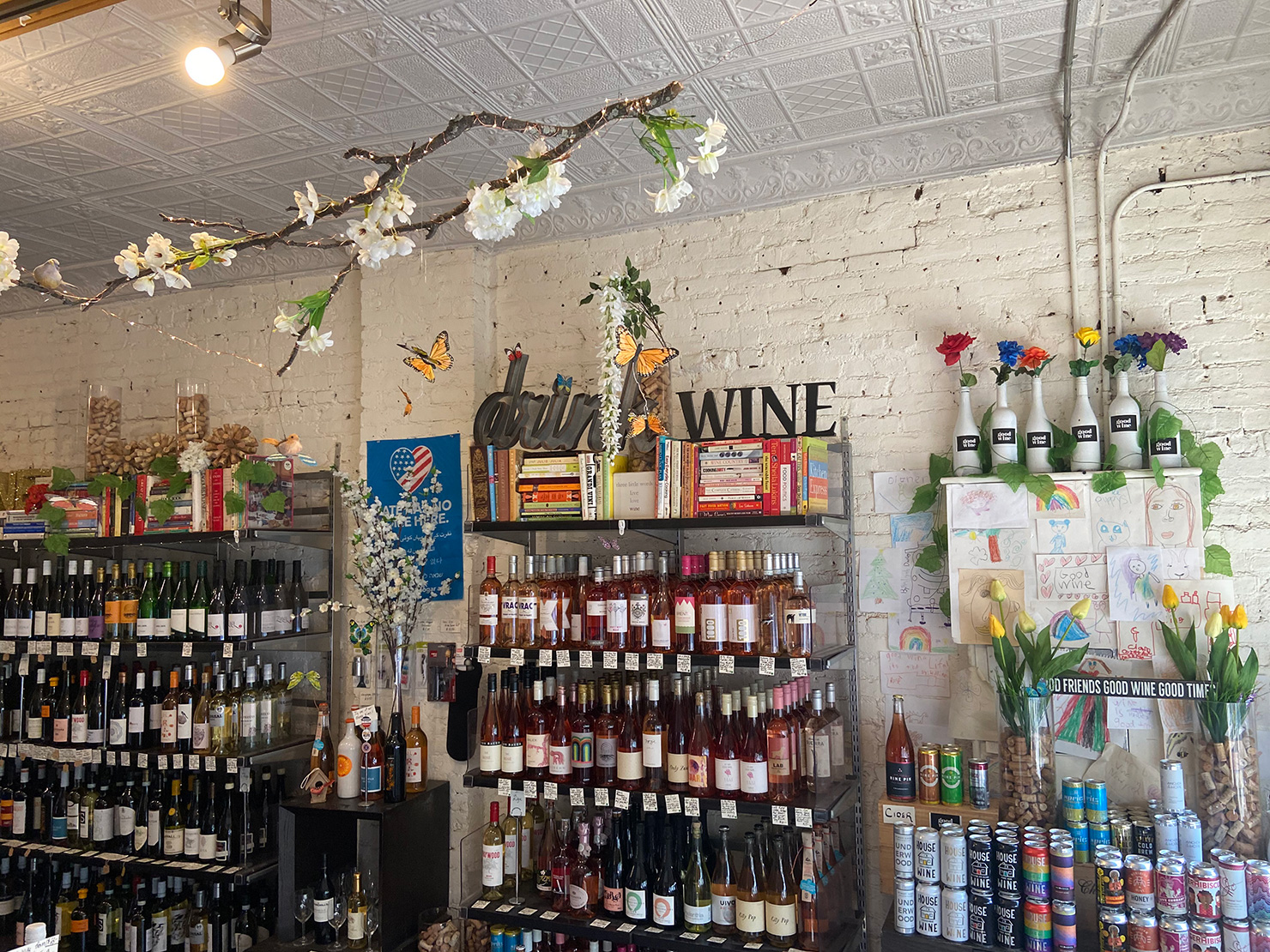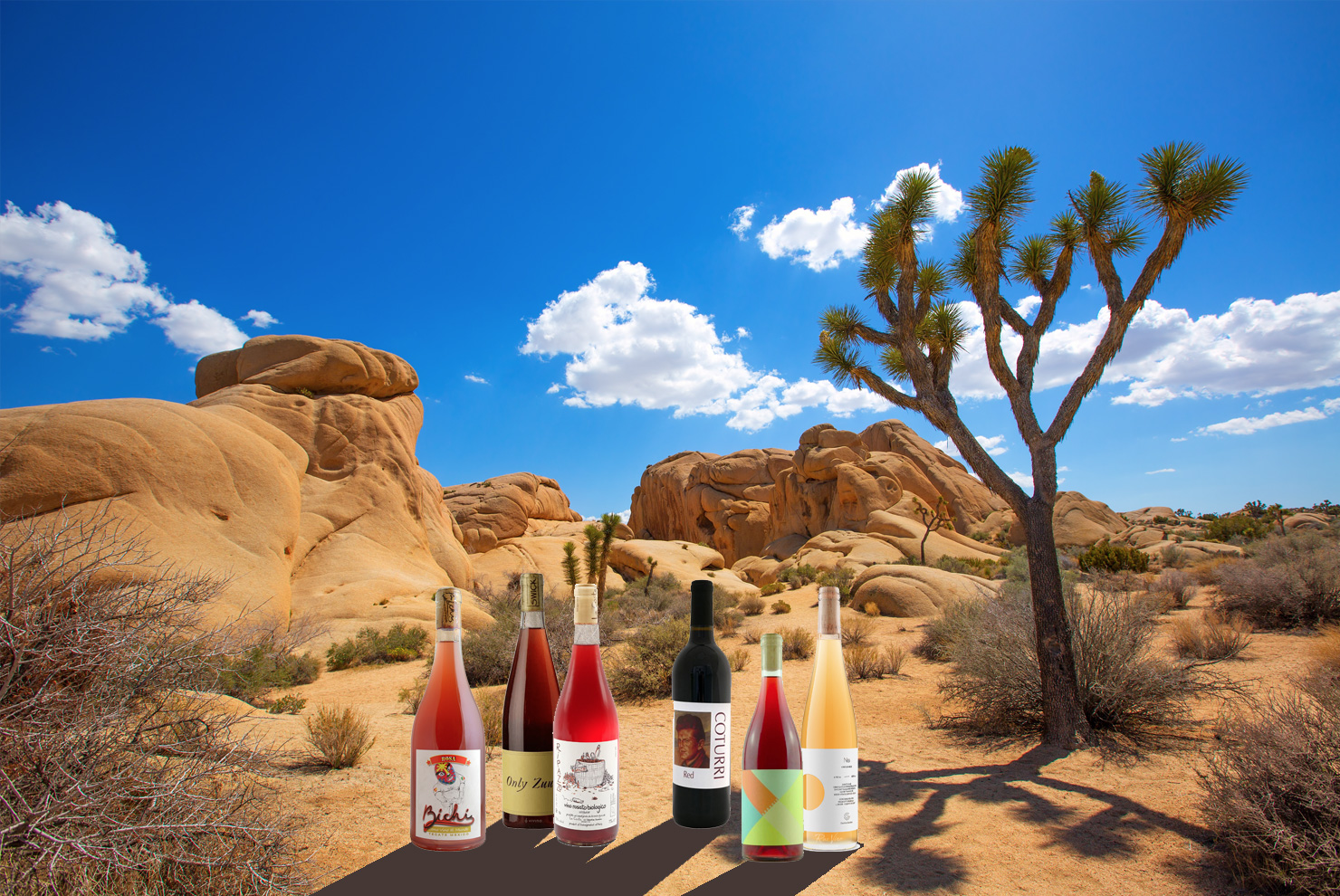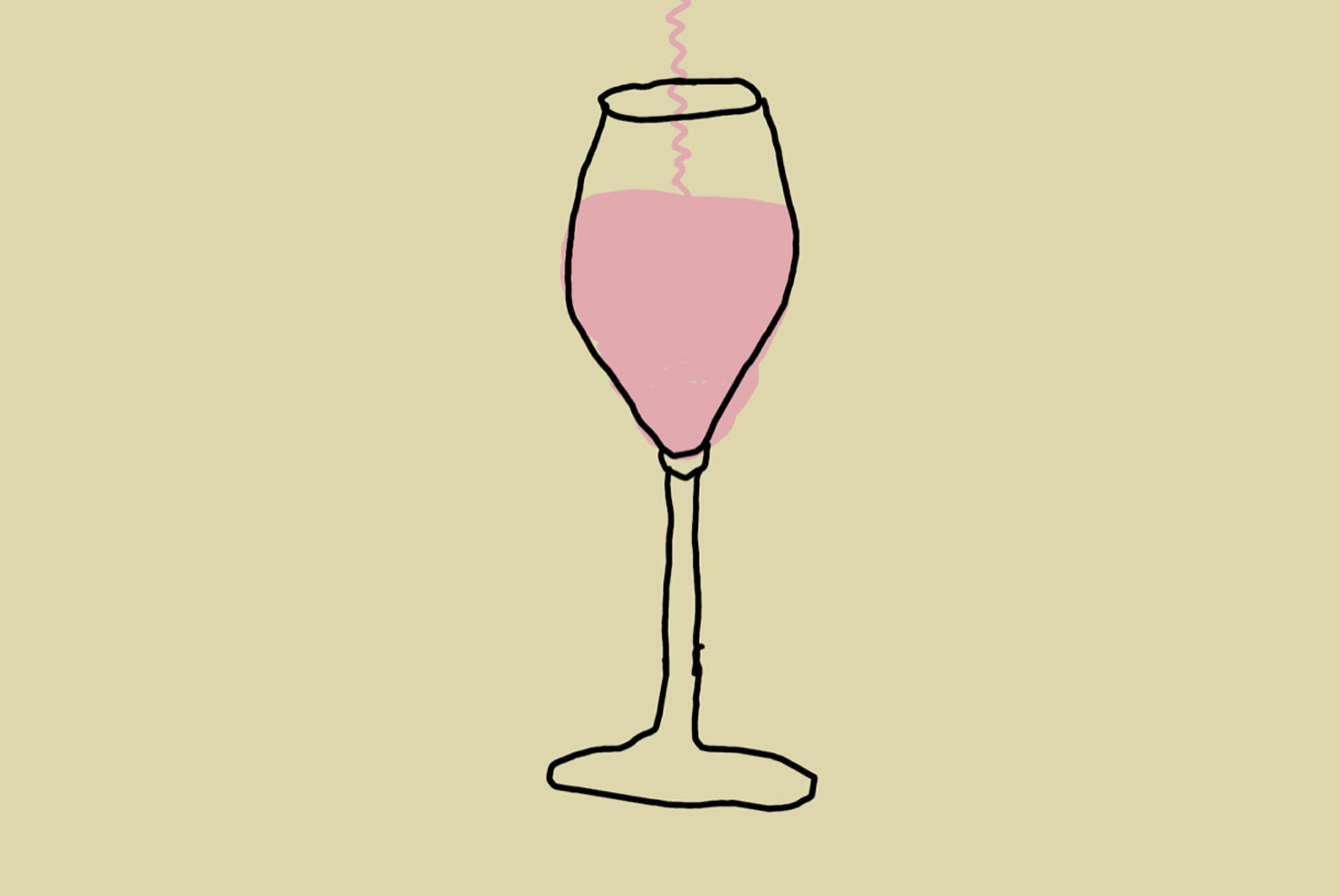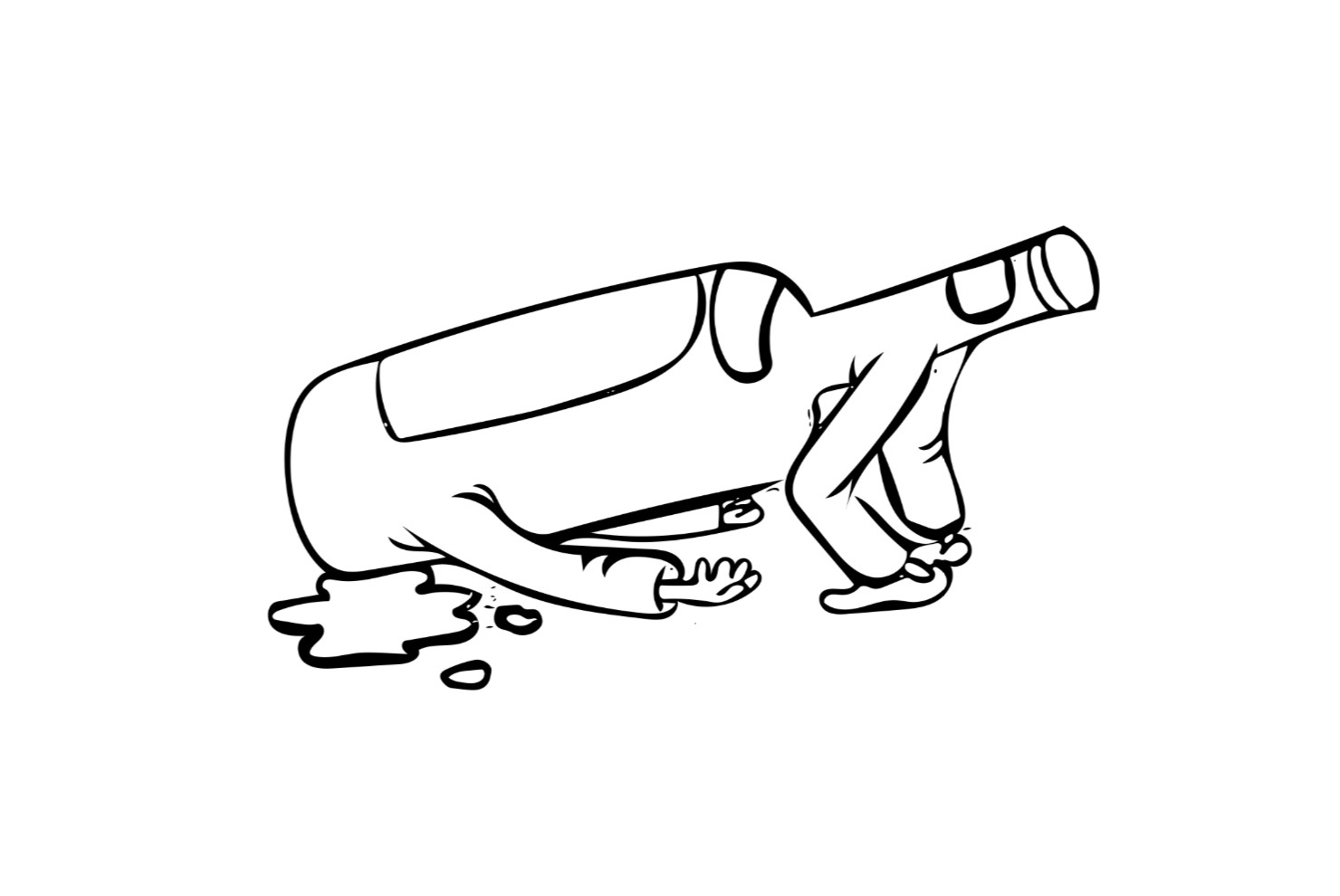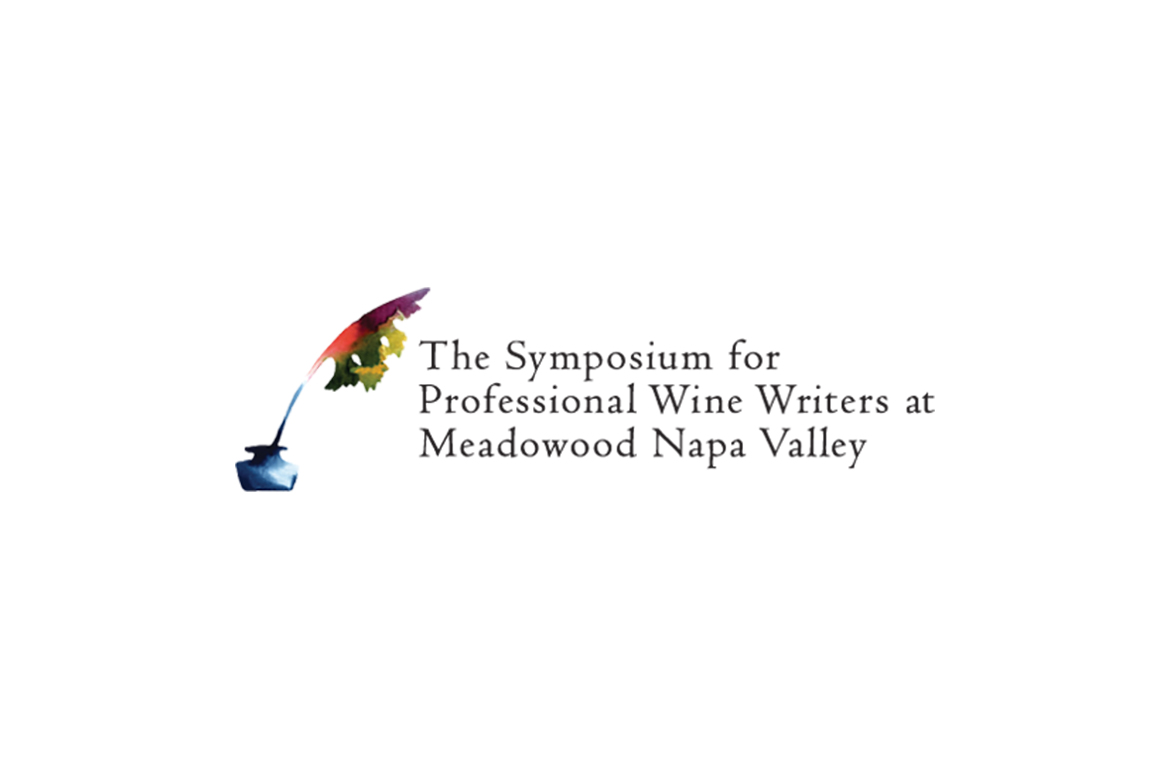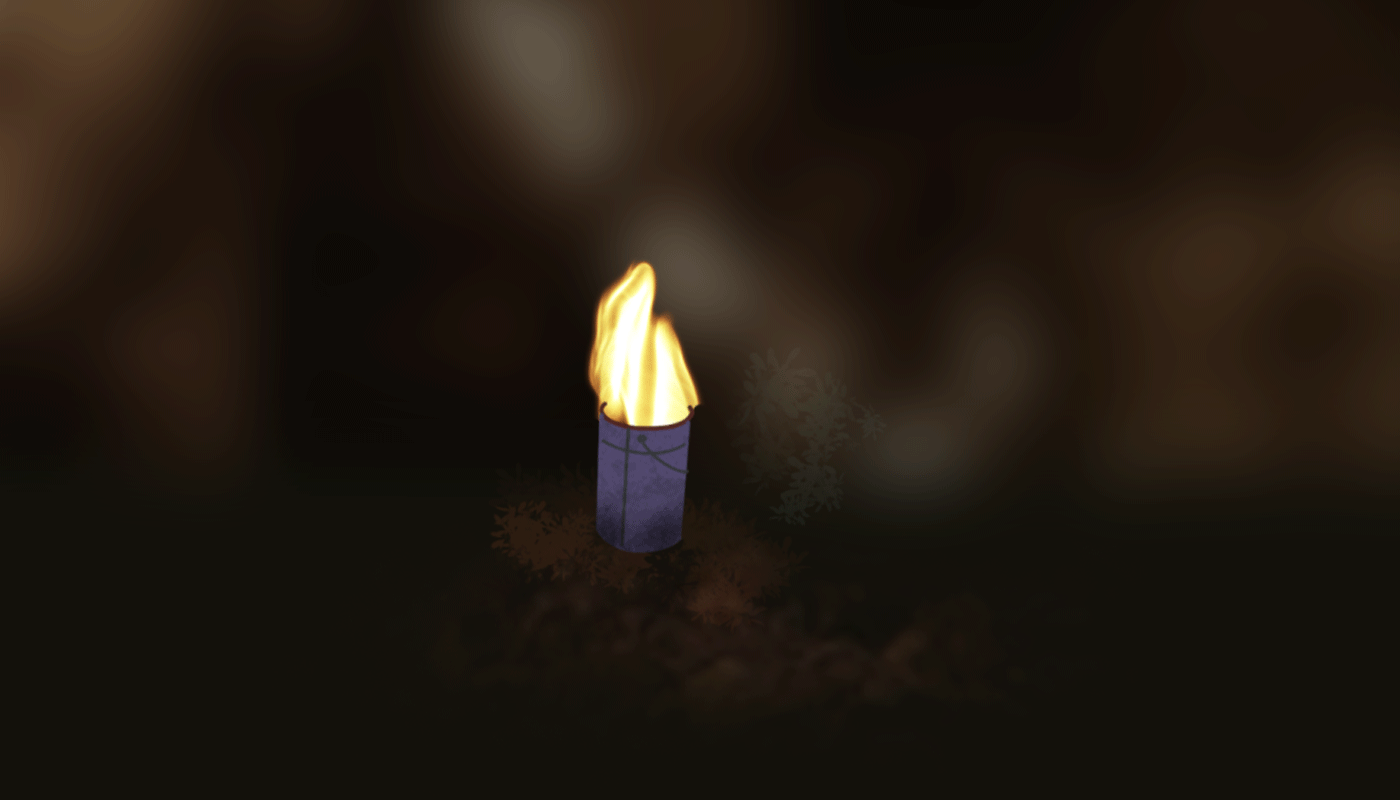The latest addition to the Day Wines lineup is not a new rosé-inspired pét-nat as you might expect, but instead a brand-new tasting room at Day Camp. Located in Dundee, Oregon, about an hour’s drive southwest of Portland, Brianne Day’s communal winery is an expression of the ethos of natural winemaking through architecture.
Stepping out of your car (extra points if you came by bike), you’re greeted by a raw timber screen. “We studied the way wine barrels were made and that ended up in the vertical screen, so it’s almost like that screen is an unfolded wine barrel,” explains Cornell Anderson of Fieldwork Design & Architecture, the project’s architect. This is an excellent visual barrier, creating privacy between the parking lot and the courtyard and tasting room beyond.
As you traverse this buffer and enter the calm of the courtyard, the link between architecture and wine is suggested in other details, such as the floor and courtyard plans, which were inspired by vineyard planting, according to Day.
The tasting room is a brick-and-mortar manifesto to her winemaking philosophy. Day expressed the importance of working with organic and biodynamic vineyards to the architects: “This is why we ended up with so many natural-based materials, such as all the exposed wood,” she says. Additional design elements are also derived from nature, such as the timber paneling that wraps up from behind the bar to the ceiling, or the copper detailing found in the ornate custom ceiling light and bottle display, all attempts to echo minimalist winemaking. “The space reflects Brianne’s identity and her way of making wine,” says Anderson. “She doesn’t cover things up, it’s just this honest expression of the grape and the vintage.”
Building seems to be in Day’s DNA. Her father, a builder, gave Day her first job working alongside him at a large residential construction company. She’s used to things such as permits, something that in this project forced the building to respect the existing footprint, a former vitamin factory. What could have been a handicap was instead used as inspiration to concentrate on the way the outside could be an extension to the inside. “Summers are awesome in Oregon,” she says. “But the rest of the year is not so much fun, so we really wanted to highlight the outdoor spaces as much as possible because everybody wants to be outside anyway in summer.” For that, she took inspiration from warmer weather, specifically the Ace Hotel in Palm Springs, which she hopes will enliven the space. “I want my patio to be a sexy patio,” she adds.
Another critical motivation behind the project was creating a sense of community. “I feel like American culture encourages separatism for the most part,” says Day. So to counter this issue, Day has a roster of ten winemakers sharing the space and winemaking equipment. And while there seems to be no direct relationship between community and the design of this project, apart from the scale, this important aspect does highlight her love of efficiency: “The efficiency of communal living became really appealing, and definitely in terms of a business situation like this,” she says. As proof of this, Corey Schuster of Jackalope Wine Cellars emerges from the cellar while I’m visiting to share some of his latest wine he’s been working on at Day Camp.
Intriguingly, Day cites Gaudi, and particularly the Sagrada Familia, as a major influence on the project. Not so much in the towering organic forms, but what she feels is a strong relationship with the outside. Talking about Gaudi’s mastery of light, Day says she wanted everyone in the space to feel as if they’re in touch with the outside elements. The result is a space that is filled with natural light thanks to the floor-to-ceiling glazing. Just like natural wine, the project is all about the connection to place, or terroir.
But this project is also about acknowledging the entropy of the natural world, which artfully counterbalances the efficiency of the box-like project. Visitors may notice the irregular shape of the copper-clad bar, or the light fixture above. “I needed a little bit of disorder, a little bit of chaos,” says Day, an element that also relates to her wine. “Winemaking hopefully should not entirely be under the control of the winemaker. You are working with something that is a natural process, that’s a beautiful thing and that’s something that should be celebrated.”
Luc Revel is an advocate of honest winemaking. He is based in the Puget Sound and works in the fields of architecture, photography, and writing.






